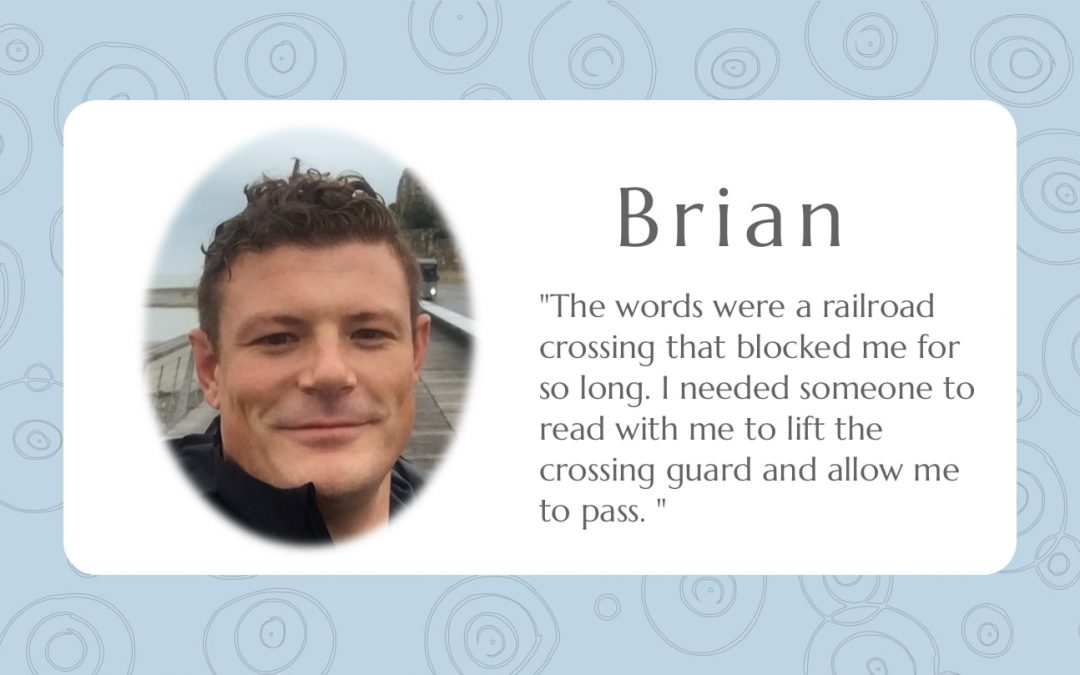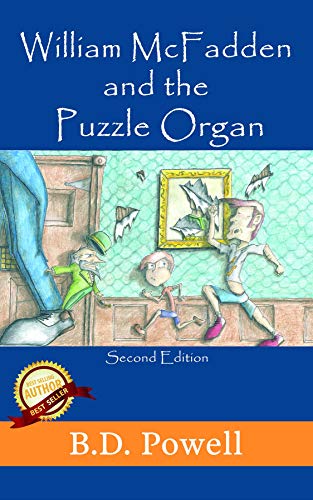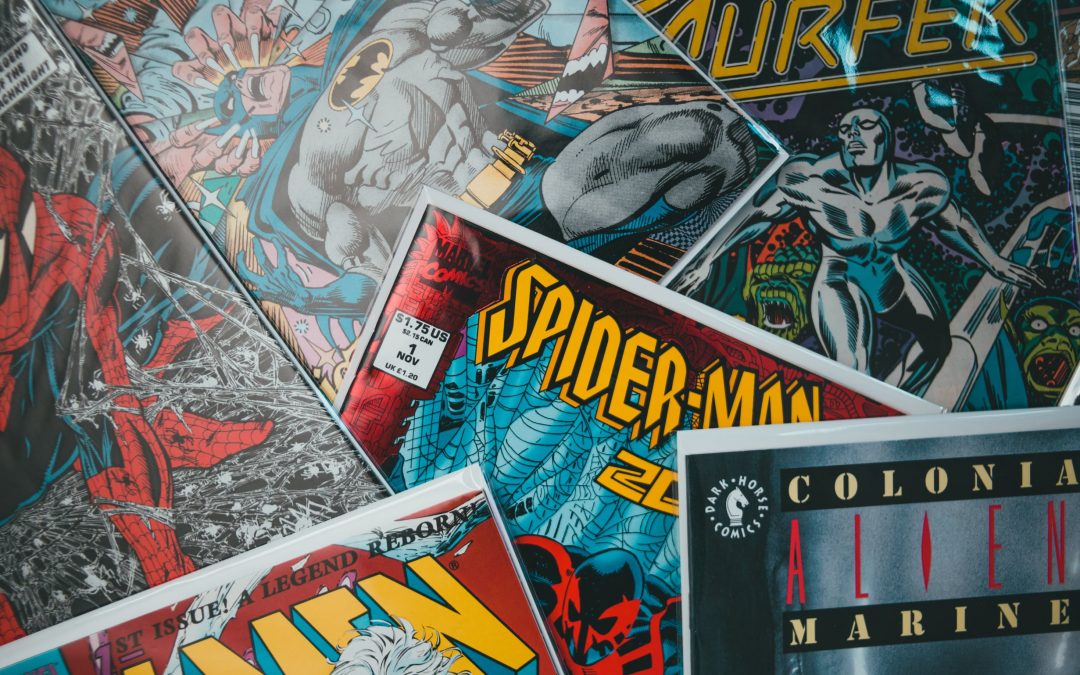By way of introduction, I am a father, husband, and physician. I carry a lot of titles, but one of the most interesting to date is being an author. I can’t write about my perfect grammar or extensive training in literature because, frankly, I don’t have it. So, how did I become an author? It was a process, and by sharing with you this short narrative, I hope you understand there was a big change for me turning into a book lover. I am willing to bet the same thing that changed the tide for me will apply to your children.
Let me be clear, if you have a child who doesn’t like reading, I am talking to you. As a generalization, I was that child. I can count up the number of times my childhood included cuddling next to a parent or sitting next to a campfire with a good book without using any fingers, because the total is zero. It wasn’t part of my life. Reading for enjoyment at an early age was a struggle. Honestly, I would pick books from the elementary school library based on the cover or imaginative drawings hidden in the blur of words. My reading time was spent sketching those drawings. It made me an art lover more than a book lover. When the last drawing was copied, the book would sit in the bottom of my backpack until I made the trip to the library to find my next canvas. If the book was lucky, I would flip through the first chapter or two, but it was an uphill battle. I wasn’t the little engine that could, and I didn’t have enough steam to chug over that hill. The last page, the caboose, never had a chance.
There was a turning point for me on this railroad, but it didn’t come until junior high. I had proudly started this vast new world, leaving behind elementary school childishness, as a blue ribbon accomplished cartoonist. It was no wonder I didn’t understand why we needed words at all. My art could say it. Until one day, a teacher pushed me up the hill.
I had a great English teacher. I’m not talking about the one that miserably gave me an “F” in ninth grade English because I couldn’t diagram sentences. This one was different. With a smile, he made us read as a class. He patiently allowed us to make errors, giving us the boost we needed, as we each took turns reading a paragraph at a time. Sometimes we got derailed, with my teacher offering mundane prizes for our reading accomplishments. He once offered to show us his James Bond license plate. It was nothing but a plate that read “007,” but I was sure proud to see it. However, the real prize was the book itself. This book kept me tied to the rails. It wasn’t like before. Despite the cover being an uneventful picture of the desert and not having a single image to sketch, I loved it. I never would have considered it a candidate to pick off the library shelf, but because of my English teacher, it was in my hands.
Remember that absent memory of me reading as a child? An image of me sitting in English class replaced it. Initially there was resistance. I wanted to put down the book and draw, but my English teacher wouldn’t let me. He kept shoveling coal into my furnace. Eventually the fire lit, and black smoke, pouring out of my smokestack, sent me racing up the hill. Reading soon allowed the images that I used to draw to come to life in my mind’s eye. I could see what I was reading! The story was gripping. The end of each class period was met with a sigh and seemed like an uneventful interval until the next class period, where we could start reading again. Class after class came until the caboose finally went over the hill.
In the end, I can’t say I developed a love for reading. It became something much different. My drawings used to take me somewhere. It was a place I could only reach through paper and pencil until I found reading. The words were a railroad crossing that blocked me for so long. I needed someone to read with me to lift the crossing guard and allow me to pass. It was unimaginably powerful.
I am no English teacher, but I believe reading with your children will have the same effect. I wish I was better at it. If there is one key to being successful, I would keep in mind you can’t just read anything. A book your child doesn’t find interesting can be as boring as reading the microwave instruction manual. Images they conjure of food being radiated at one gigahertz is not going to move the caboose anywhere. For me, reading to my daughter may involve a book about unicorns and all their magical powers or the inner workings of the Minecraft video game. Bless my daughter’s soul. It is what she wants, not what I would choose. She may not know it until a few chapters deep, but that burden of pushing up the hill is on my shoulders now.
Finally, let me answer the question of how I became an author. In short, a lot of reading is required as a training physician. The years passed as I went to school, and the number of medical journals I studied became mind numbing. Academic reading robbed me. It became an educational process, not a means of enjoyment. My special place was lost, and I missed what I once had. Toward the end of my medical training, a sliver of free time was all I needed to start. I wasn’t just writing; I was lifting the railroad crossing, catching a glimpse of the James Bond license plate, chugging up the hill, and drawing the world only I could see. I was going home.






Recent Comments